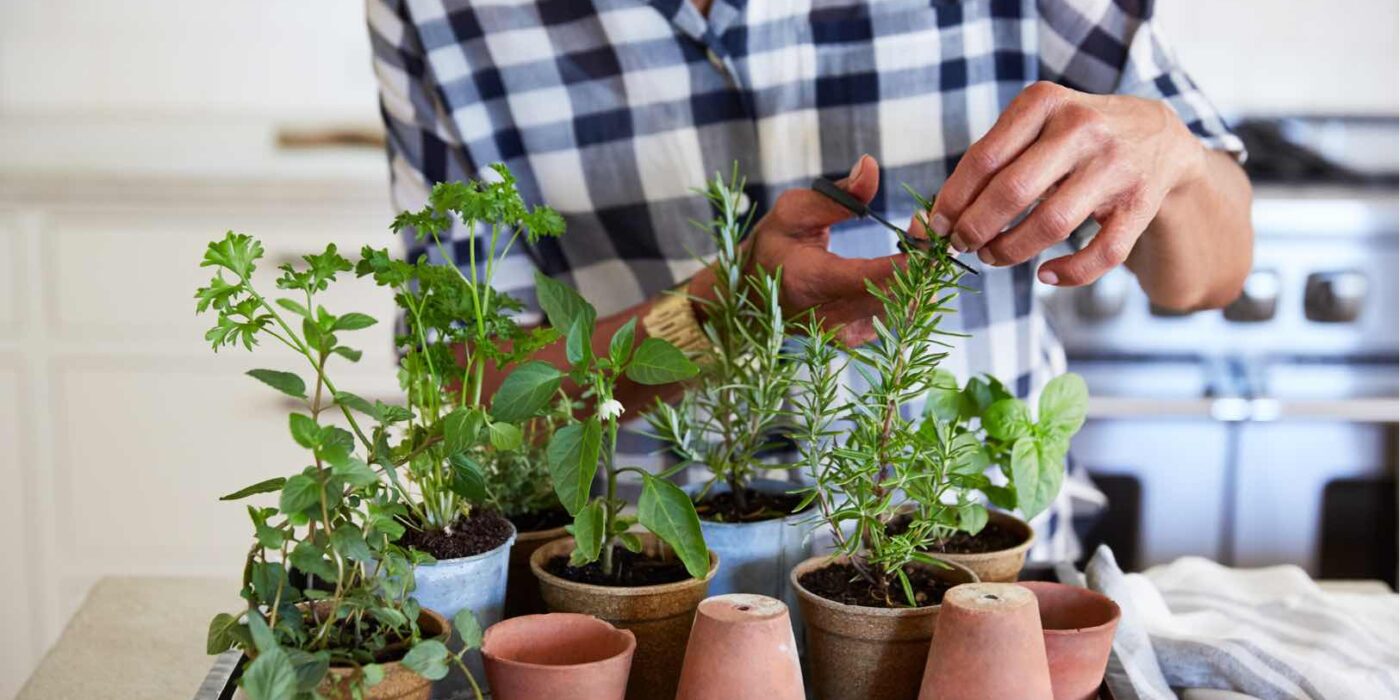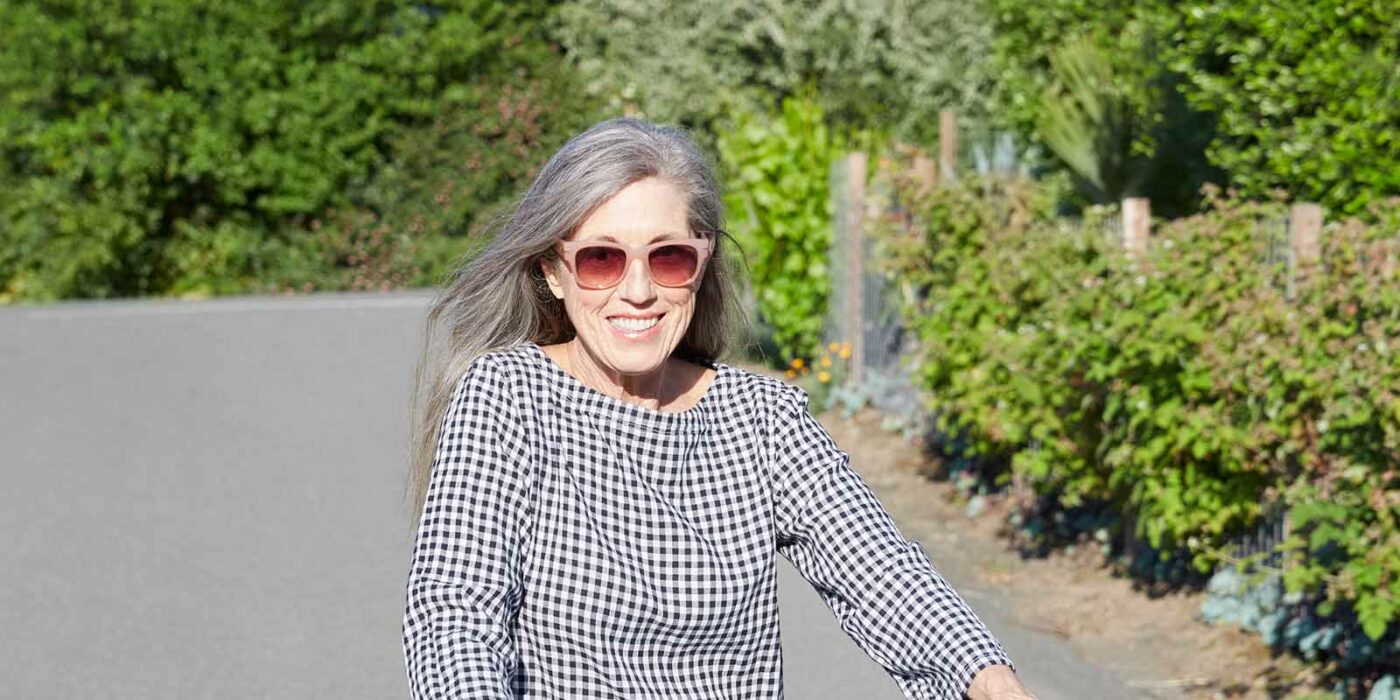Did You Know? Happiness Increases with Age
Aging joyfully in Canada — and loving every minute of it.
Hello friends,
Here’s some happy news: the golden years might just be the happiest years of your life!
While many of us grow up thinking youth equals joy, research shows that Canadians over 65 often report greater life satisfaction than those in their 30s or 40s. According to Statistics Canada, adults aged 65–79 consistently rank their life satisfaction higher than younger age groups — and those 80+ aren’t far behind.
So what’s driving this wave of well-being among older adults? Let’s take a closer look.
More Time, Less Stress
As we age, many of us step away from the pressures of full-time work and career-building. The shift into retirement — or semi-retirement — opens up space to enjoy life’s simple pleasures: a walk by the lake, a good book, or coffee with friends. For many, the reduction in stress alone is a major contributor to feeling happier and more at peace.
Wisdom Brings Perspective
Older Canadians tend to focus more on what really matters. After decades of life’s ups and downs, they’re often more emotionally resilient and content. A study published by McMaster University found that older adults report a stronger sense of purpose and identity — two major building blocks of long-term happiness.
Connected Communities
It’s a myth that seniors become isolated. In fact, many are more socially active than ever! Programs across the country help older adults stay connected. Here are a few inspiring Canadian resources:
- Seniors Centre Without Walls (Alberta): A free phone-based program offering group conversations, wellness talks, trivia, and more. Great for those with mobility or transportation challenges.
- Active Aging Canada: Offers resources on everything from physical activity to mental health, designed specifically for older adults across the country.
- Connected Canadians: A non-profit that helps older adults build digital literacy so they can stay connected to loved ones online.
Healthy Body, Happy Mind
Today’s seniors are more active than ever. Many local community centres offer free or low-cost programs like yoga, swimming, tai chi, and walking clubs for older adults. Studies — including those supported by the Canadian Institute for Health Information (CIHI) — show that regular physical activity boosts both mental and emotional well-being at any age.
Let’s Share the Joy
So, what’s your secret to happiness?
Is it spending time with grandchildren? Keeping a journal? Volunteering in your community? Whether it’s a big adventure or a quiet daily ritual, your story matters — and it could inspire someone else.
Reply to this email or join the conversation on our Facebook page — we’d love to hear from you!
Happiness doesn’t fade with age — it blooms.
Here’s to joyful aging, in all its wisdom and wonder.










